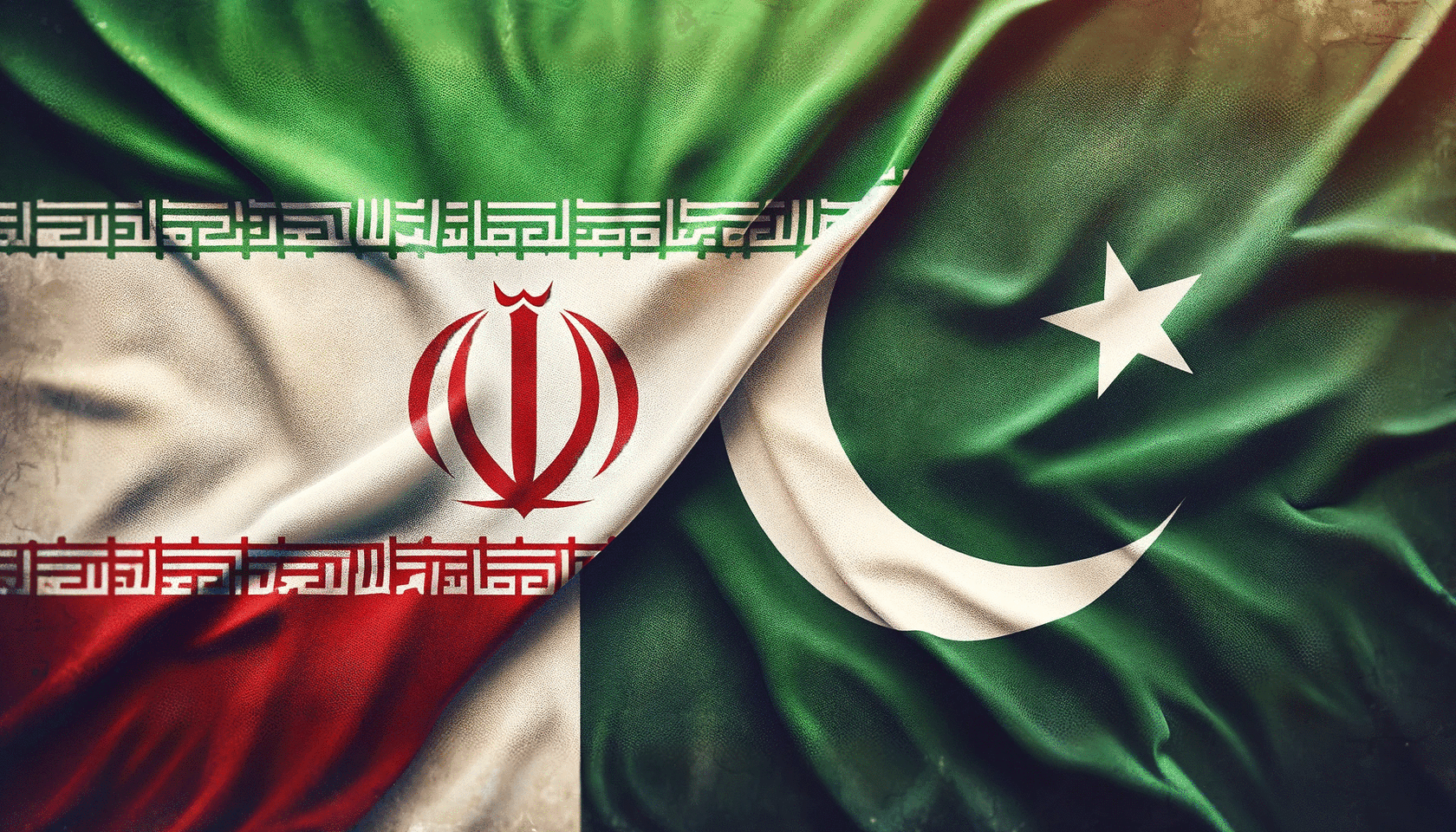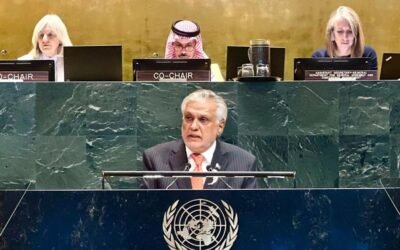Pakistan’s foreign policy in the Middle East is an intricate and delicate balancing act. It is a region of immense strategic importance, not only due to its geographical proximity but also because of its deep cultural, religious, and economic ties. In recent years, as the geopolitical landscape of the Middle East has shifted, Pakistan has adopted a policy of “strategic silence” –a careful approach that avoids taking sides in the region’s complex rivalries.
This policy is particularly evident in its dual relationships with the new tri-pillar order, comprising Turkey and the Gulf States, and its long-standing, crucial partnership with Iran. This diplomatic tightrope walk has both potential rewards and significant risks for Pakistan’s security and economic interests.
The New Middle East Tri-Pillar and Pakistan’s Evolving Ties
The concept of a new “tri-pillar” order in the Middle East, centered around Turkey and the Gulf States (primarily Saudi Arabia and the UAE), has emerged as a significant force in regional politics. These nations, with their growing economic clout and military capabilities, are shaping a new power dynamic. Pakistan is actively strengthening its ties with these countries, driven by a combination of economic necessity and strategic alignment. With Turkey, Pakistan shares deep historical and cultural bonds, and both nations have a strong military-to-military relationship. This is evidenced by joint military exercises and defense cooperation agreements.
Here is an analysis I wrote for @FPRI on the emergent “tri-pillar regional order” that the U.S. is promoting for the Middle East, following the unprecedented weakening of the Iran-led axis over the past year or so.
From the piece:
“While the United States envisions this… https://t.co/9rsDq6xaJm— Mohammed A. Salih (@MohammedASalih) July 24, 2025
Similarly, Pakistan’s relationship with the Gulf States, particularly Saudi Arabia and the UAE, is of paramount importance. These countries are a major source of foreign remittances and a key destination for Pakistani labor. They also provide crucial financial support in times of economic crisis. Pakistan’s military has long-standing security cooperation with these nations, including providing training and technical assistance. This growing alignment with the “tri-pillar” order offers Pakistan significant economic rewards and a stronger voice in regional affairs. It also provides a strategic buffer against potential threats by forging closer security partnerships with powerful and influential allies.
You May Like To Read: Mohsin Naqvi’s Revealing Remarks: Intelligence, and Unity, Amid Pak-India Conflict
The Enduring Importance of the Iran Relationship
Despite its deepening engagement with the Gulf States and Turkey, Pakistan has meticulously maintained its relationship with Iran. This partnership is non-negotiable for several reasons. Firstly, geography makes Iran an indispensable neighbor. Pakistan shares a long border with Iran, and the security of this border is a mutual concern, particularly in the context of counter-terrorism efforts. Secondly, the Iran-Pakistan gas pipeline project, a long-stalled but strategically vital energy initiative, holds immense potential for alleviating Pakistan’s chronic energy shortages. This project is a powerful incentive for Pakistan to maintain good relations with Tehran.

Furthermore, Pakistan’s large Shia population necessitates a delicate approach to sectarian politics. Taking a hardline stance against Iran could risk domestic instability and exacerbate sectarian tensions. This has led Pakistan to maintain a “strategic silence” on the geopolitical disputes between Iran and the Gulf States. This is a highly calculated move. It avoids alienating a critical neighbor and a potential energy partner while also ensuring domestic harmony. However, this balancing act is fraught with challenges. When regional tensions flare up, as they often do, Pakistan is faced with the difficult choice of either alienating one side or risking its neutrality being perceived as weakness.
You May Like To Read: The CPEC Constitutional Mandate: A Debate on the Legal Protection of National Development Projects
The Risks and Rewards of Strategic Silence
Pakistan’s policy of strategic silence offers both significant rewards and considerable risks. The primary reward is the ability to maintain strong relations with all key players in the region, thereby maximizing its economic and security benefits. It allows Pakistan to be a potential mediator in regional conflicts, enhancing its diplomatic standing. This approach has allowed Pakistan to secure financial assistance from its Gulf partners while also pursuing crucial energy projects with Iran.
However, the risks are equally pronounced. The policy of “strategic silence” is incredibly difficult to sustain in a volatile region. If push comes to shove, Pakistan may be forced to choose a side, a decision that could have severe repercussions. Alienating its Gulf partners could lead to a loss of economic support, while turning its back on Iran could create a security vacuum on its western border and spark domestic unrest.
Furthermore, its perceived neutrality could be misread by regional powers, leading them to question Pakistan’s reliability as an ally. The very act of not taking a side can sometimes be seen as an act of betrayal. Pakistan’s diplomatic balancing act is therefore a high-stakes gamble. It is a policy born out of necessity, a testament to the nation’s determination to safeguard its interests in a complex world. The success of this policy will depend on its ability to navigate the shifting sands of Middle Eastern politics with skill, foresight, and an unwavering commitment to its own national interests.




























